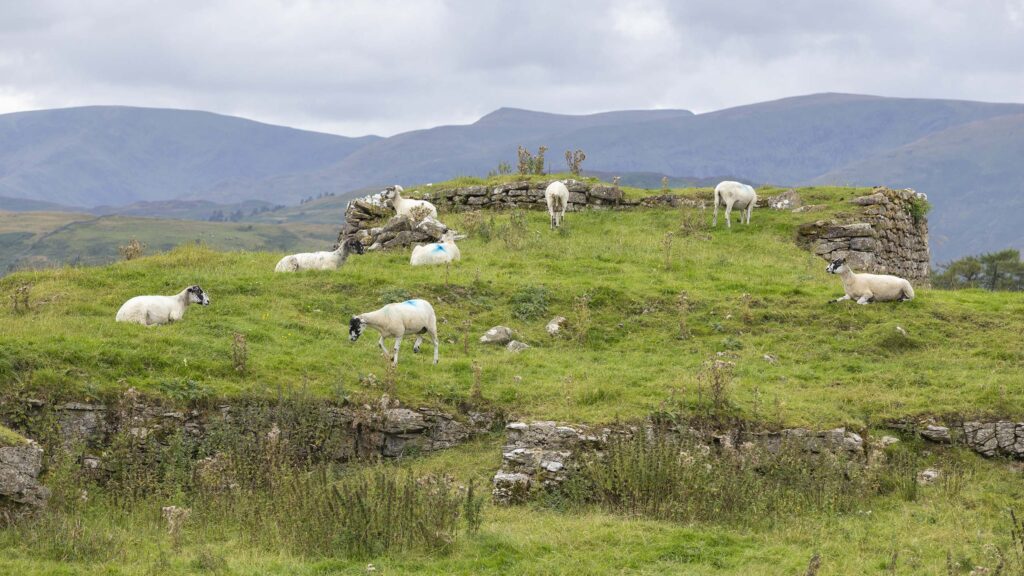Defra’s nature and food targets swayed by Land Use Framework
 © GNP
© GNP Defra is considering introducing varied support schemes for nature and food production in England, linked to location and land type, as a result of recommendations in the Land Use Framework.
This could lead to some farmers being encouraged to take land out of production and shift to nature schemes, while others could be urged to step up food production, according to Defra secretary Steve Reed.
A more “land sparing” approach through nature projects in some areas such as the uplands could form part of future schemes.
See also: ‘Sustainable Farming Scheme must deliver for nature’ – WWF
Talking at the Groundswell event on Thursday 3 July, Mr Reed said: “[The Land Use Framework] envisions taking some of the least productive land out of food production, but supporting the more productive land to increase production, so you maintain outputs or even increase outputs while increasing the space for nature.”
He added that the framework had provided very granular data about land, and that it would seem odd if that data didn’t inform how farming budgets were allocated.
“We have a limited amount of land in this country for the many demands we make of it for food production, housing, for energy, and for nature. We need to make sure we are using it optimally for all of those outcomes,” said Mr Reed.
“Previously we didn’t have the data to enable us to do that. The Land Use Framework will help us to achieve that.”
Food security
Mr Reed insisted Defra remained committed to maintaining current food production levels, but added that food security was not just about domestic production.
He said: “It’s only by restoring nature that we will make our food secure.
“We will simplify the Sustainable Farming Incentive, and support farmers to take on packages of actions which, when done together, achieve more for nature.
“We’ve seen how effective farm clusters can be in supporting nature over a wider area – an initiative led by the sector which the government can support.”
Land sparing
The possibility of a more land sparing approach was welcomed by the think tank Science for Sustainable Agriculture (SSA).
SSA co-ordinator Daniel Pearsall said this potential shift by Defra would make absolute sense and would create a much more science-based approach, provided the policy, regulation, and research backed it up.
“We need to be strategic about it, and it needs a coordinated approach, setting long-term objectives to help farmers produce more from less, to be more productive in those areas,” said Mr Pearsall.
“It makes sense for them to be more productive, so we can leave areas of nature intact, rather than trying halfheartedly to produce food and look after nature in the same place,” he concluded.
Environmental schemes
Mr Reed also reiterated his commitment to Environmental Land Management (ELM) schemes including the Sustainable Farming Incentive (SFI) at Groundswell, stating that they were the best tools to support farmers’ transition to sustainable food production and profitability.
More clarity is expected on the reformed SFI offer later this summer, with applications due to open early next year.
The NFU welcomed the recommitment to ELMs and rewarding farmers for public goods, but called for more clarity on SFI.
NFU deputy president David Exwood said: “We firmly share Defra’s ambition to support profitable and sustainable farm businesses.
“Achieving that goal depends on making the SFI scheme work for all farmers, regardless of size, sector, or location.
“If the aim is for SFI to help farming deliver environmental benefits, then excluding large areas of English farmland from the scheme would be counterproductive.”
